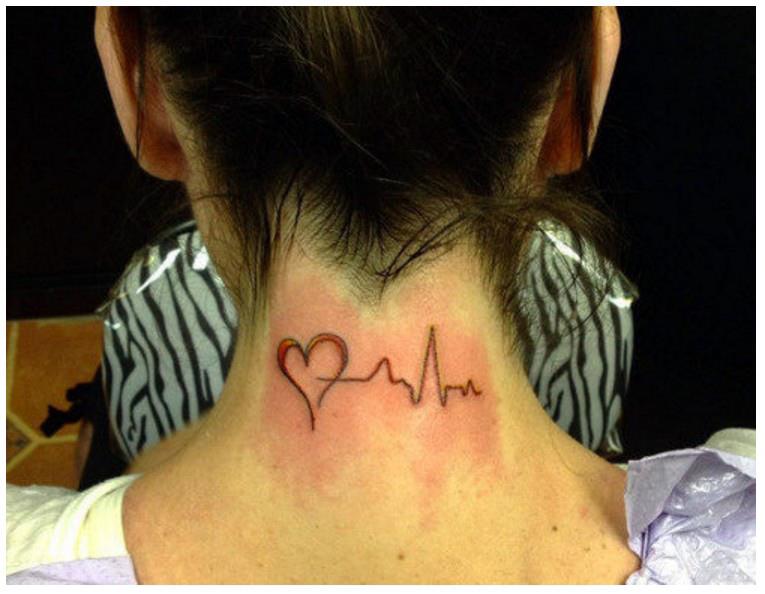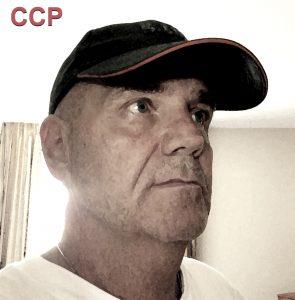Nobody’s looking for ATM CARDS when they show up to help.

![]()
Editor’s Note:
Revisiting a few of the comments section remarks from the first interactive blog post on Circuit Surfers- there were some thought provoking questions presented by non-perfusionists that when revisited, I felt I should highlight so that they don’t get lost in the mix, and just might hammer down some recognition on our part of how foreign the world we live in is- to those living the reality of heart surgery from the other side…

![]()
Frank, I don’t know how you guys can do what you do. When I heard some of the stories told by the wife of my bypass friend, of how she frequented the hospital every day and ranted and raved and assaulted anyone who had to do with her husband’s care, telling them that if anything happened to him she’d be back with a gun.
….whew!
No offense, but my dad was a general surgeon in the States back in the days when there was such a thing, and I think it takes not only a great deal of heart and soul to take someone’s life into their own hands, but a great deal of arrogance. (Which can cut either way; most often it cuts the patient’s way, fortunately.)
Arrogance? Death-defying? Ownership? Survival? It’s a fascinating dichotomy: do we want risk-takers taking care of us, or those who play it safe? It depends (on what?) on the outcome!…
I personally have come to the conclusion lately that excessive care is in itself arrogant. I don’t want extreme measures taken. I don’t want to live to be 100. I’ve never considered human life the be-all and end-all reason for all activity on the planet. We need to recognize the extreme measures we undertake in many environments for the extreme luxury that they are.
At the same time you guys save a well-insured person’s life, there’s someone else dying in a stairwell because they were evicted and had nowhere else to go (sorry I cannot find the link where I read this). There are cheap ways of saving lives, and expensive ones, as you can imagine. I don’t think I need to tell you that.
“Well arrogance is hubris (ancient Greek ὕβρις) referred to actions that shamed and humiliated the victim for the pleasure or gratification of the abuser.”
Honestly?
I don’t think I have ever looked at the background of a patient, judged them, and and subsequently “measured them in terms of qualifying for open heart surgery” prior to when I put them on bypass.
Besides that, it (the question of financial worthiness for a patient to be considered) is moot, and remains clearly out of my pay grade to even engage in that sort of thought process, on a bunch of multiple levels.
But, there is one level I can certainly own- if I have a dying patient in front of me, and we can operate on them, they will have my FULL attention.
And yes, I understand what you are getting at and appreciate that you brought it up. I certainly look at lifestyle, adverse circumstances, and social history, in order to get a clear picture of potential comorbidities that may impact how I manage a bypass run in order to optimize the end result.
My bottom line? An alive patient that is better off postoperatively than before we engaged.
The insurance thing is noteworthy but irrelevant in my case as the decision has already been made (the elephant in the room)– but the inability to pay has yet to rear it’s ugly head (except in extended long term Rx situations- ie; VADs and bridges to transplant), because we have put so many people on bypass that were uninsured. Trust me on that, I do the STS reporting for many of the hospitals I cover.
Outcomes are a hedge bet between existing co-morbidities and the will to survive. One can be calculated based on probability, the other is an “X” factor, combined with luck and hopefully not divided by incompetence.
Honestly? The stairwell person has a higher percentage of not making it because- well… they had the misfortune of being in poor geography when they had their coronary event- and extrication and resuscitation efforts would have ultimately been delayed and more difficult. Insurance coverage has zero to do with it. Don’t underestimate the will and care that first responders provide.
Nobody’s looking for ATM CARDS when they show up to help.
Ultimately patient survival lays down to a few factors: intrepid speed to get him / her to the OR, a good heart surgeon, a good cv qualified anesthesiologist, a well oiled nursing team, and a good perfusionist.
I am glad to say that here in America we have that. Having been a perfusionist in so many places- I can say the same for at least another 43 programs. As a nation we are pretty much standardized as far as the quality of medicine goes. The chance of falling prey to a weak cardiac program without competent professional resources are close to nil.
You have raised some good points though. I am all about examining the morality of choices, but as a professional I try to remove myself from the emotional aspect as that tends to muddy things up. The truth is- I would pay as much attention if I put a dog on bypass as I would any living person.
Ensuring survival is what we do. We become machines at some point- and I personally am cool with it. Emotions aren’t eliminated, they are just not allowed to become a factor. Recognition that you can affect an outcome is quite a different paradigm than “hoping” you can make a difference.
Leave a Reply
You must be logged in to post a comment.


Lidia Said: